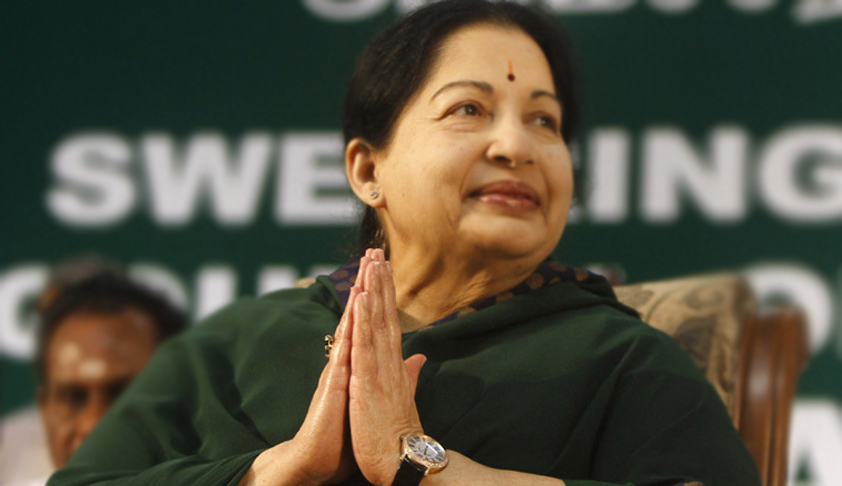Will Appeal Against Jayalalithaa Abate? If So What Will Be The Fate Of Other Accused?
LIVELAW NEWS NETWORK
7 Dec 2016 1:41 PM IST

Next Story
7 Dec 2016 1:41 PM IST
Justice KT Thomas says Supreme Court should hear the appeal against other accused afresh.After the demise of Tamil Nadu Chief Minister J Jayalalithaa, speculations are rife on the fate of appeals filed by State of Karnataka against her in the disproportionate assets case.A two-judge bench of Supreme Court comprising Justice Pinaki Chandra Ghose and Justice Amitava Roy reserved its judgment...
